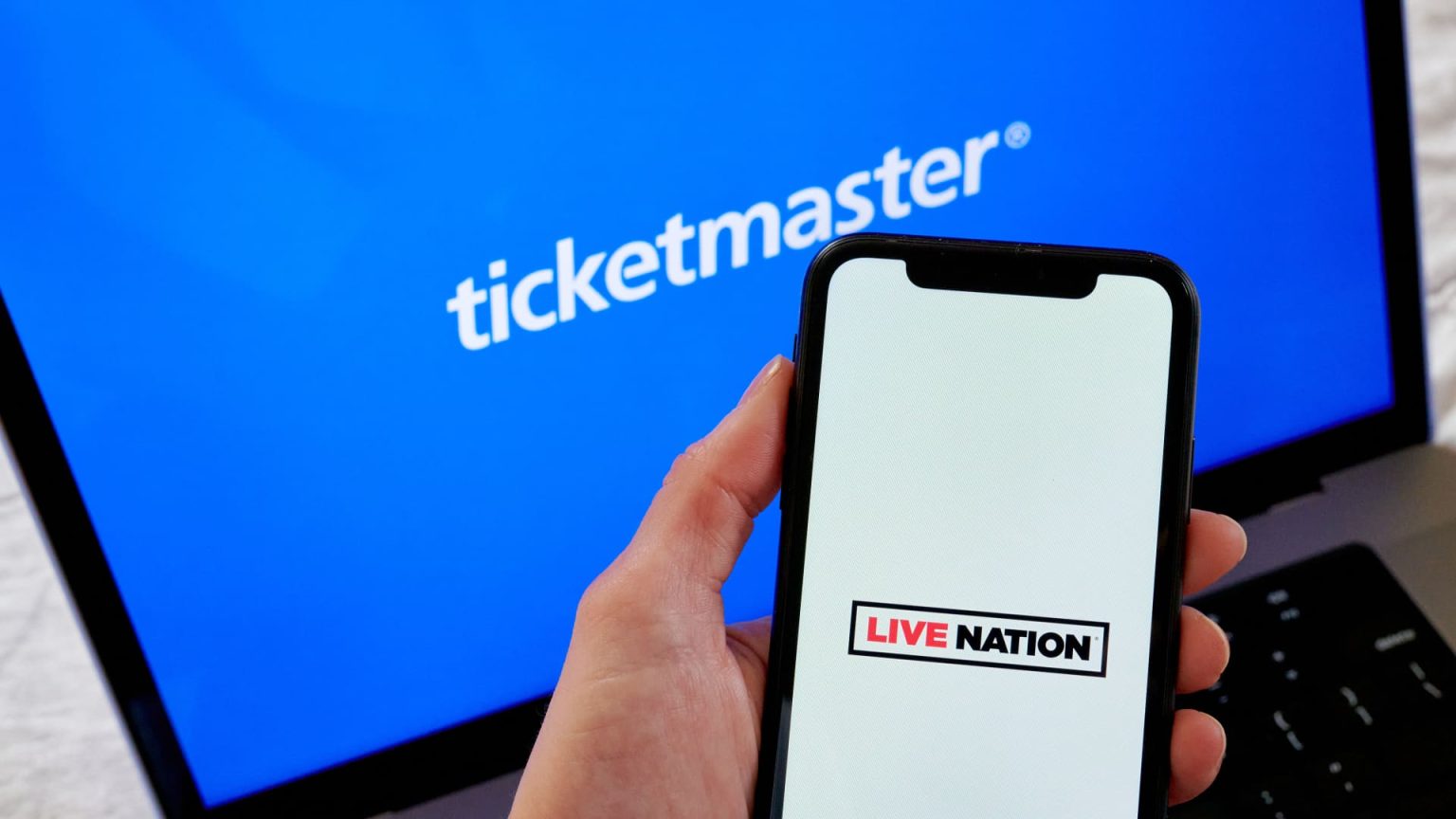The U.S. Department of Justice has filed a lawsuit to break up Live Nation, the parent company of Ticketmaster, over alleged antitrust violations. The lawsuit, joined by 30 states, follows a DOJ investigation into whether Live Nation maintains a monopoly in the ticketing industry. Attorney General Merrick Garland stated that Live Nation relies on unlawful, anticompetitive conduct to exercise its monopolistic control over the live events industry in the United States, resulting in higher fees for fans, fewer concert opportunities for artists, and limited choices for ticketing services. Live Nation has denied the allegations of a monopoly and stated that the DOJ’s complaint ignores the actual reasons for higher ticket prices, such as increasing production costs and artist popularity.
Live Nation and Ticketmaster merged in 2010, creating a dominant entity in the live event industry. The company manages ticket sales globally and owns more than 265 entertainment venues in North America. Through Ticketmaster, Live Nation controls a large percentage of major concert venues’ primary ticketing, according to the DOJ lawsuit. The Justice Department accuses Live Nation of maintaining a self-reinforcing business model by capturing fees and revenue from concert fans and sponsorships to lock artists into exclusive promotion deals, thereby gaining access to key entertainment venues across the country. Live Nation is also accused of threatening financial retaliation against competitors and venues that work with rivals, acquiring smaller competitive threats, and discouraging competition in concert promotions.
Live Nation made headlines last year when a surge of demand for Taylor Swift concert tickets led to site disruptions and inflated ticket prices. A Senate subcommittee issued a subpoena to Live Nation and Ticketmaster in November 2023, following a probe into the exorbitant ticket prices for Swift’s Eras tour. Fans were forced to seek tickets in other countries where prices were often cheaper, despite the added cost of international air travel. The DOJ stated that music fans in the U.S. are deprived of ticketing innovation and forced to use outdated technology while paying more for tickets compared to fans in other countries.
Despite the lawsuit and allegations of antitrust violations, Live Nation reported its “biggest Q1 ever” earlier this month, with a 21% increase in first-quarter revenue from the prior year. The company has also faced scrutiny over transparency issues related to hidden fees in ticket pricing. Live Nation’s executive vice president for corporate and regulatory affairs, Dan Wall, has defended the company, stating that the DOJ’s complaint is absurd and fails to address the real reasons for higher ticket prices. The lawsuit, filed in the U.S. District Court for the Southern District of New York, accuses Live Nation of using its dominance in the industry to stifle competition and maintain control over ticket pricing and venue exclusivity.
The Justice Department’s lawsuit against Live Nation accuses the company of engaging in anticompetitive behavior to maintain its monopolistic control over the live events industry in the U.S. The lawsuit alleges that Live Nation’s business practices harm fans, artists, smaller promoters, and venue operators by driving up ticket prices, limiting concert opportunities, and reducing choices for ticketing services. Live Nation has denied the allegations, claiming that the DOJ’s complaint ignores the actual factors responsible for higher ticket prices. The outcome of the lawsuit could have significant implications for the live events industry and the ticketing market, potentially reshaping how concerts are promoted and tickets are sold in the future.













